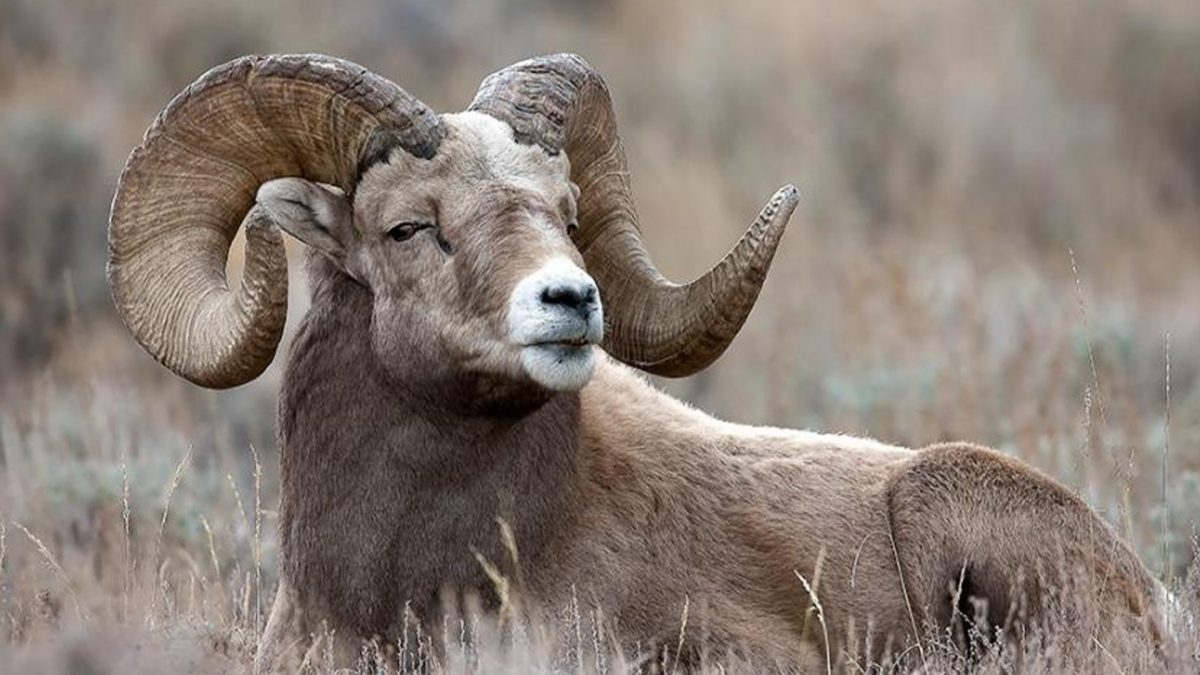In a bizarre livestock crime involving cloned animals, a Montana man has been sentenced to six months in prison for trafficking a clone of a near-threatened Marco Polo argali sheep. The case, which is only the second of its kind in the United States, has highlighted concerns about the implications of cloning technology in wildlife trafficking.
Court documents reveal that a man named Arthur Schubarth illegally brought parts of a Marco Polo argali sheep into the US from Kyrgyzstan. In 2015, he reportedly hired a lab to create a cloned version of the sheep, naming it Montana Mountain King (MMK).
Using MMK’s genetic material, Schubarth allegedly bred numerous sheep with partial argali genetics, selling the offspring to big game hunting enthusiasts. The legal fallout from these activities has revealed the extent of the operation, with potentially dozens of hybrid sheep now scattered across the US
The scale of Schubarth’s cloning efforts is astonishing. According to one court document, at least 26 ewes were brought to his ranch for insemination in 2018, with another 48 arriving a year later.
Additional records indicate that in 2020, 43 more sheep were transported for breeding. Some of the offspring were sold for thousands of dollars, including a sheep named Montana Black Magic, fetching $10,000. Legal filings further allege the sale of a hybrid sheep to a buyer in South Dakota, but the whereabouts of many of these hybrids remain unknown.
While MMK himself has been secured at Rosamond Gifford Zoo in Syracuse, New York, where he will be displayed starting mid-November, the fate of his progeny is uncertain.
Impact Shorts
More ShortsFour men implicated in the case have signed plea agreements requiring them to quarantine any hybrid sheep and relinquish property rights, allowing the US Fish and Wildlife Service (USFWS) to neuter the animals and mandate autopsies upon their deaths.
The case has triggered debates about wildlife law and the ethics of animal cloning. Chris Tenoglia, attorney for one defendant, explained that his client euthanised nine crossbred sheep to prevent accidental breeding. Another defendant, Riley Niewenhuis, was sentenced to probation and fined but is reportedly adhering to government demands to manage the hybrid sheep responsibly.
Wildlife crime expert Monique Sosnowski noted that such cases raise unique questions about cloning, including whether hybrids should be classified as endangered or invasive species. With cloning technology advancing and becoming more accessible, concerns are growing over potential ecological impacts.
Industry representatives, like Blake Russell from ViaGen Pets, stress the importance of regulatory compliance and vigilance in the cloning sector. As cloning gains popularity, experts predict that wildlife laws will need to evolve rapidly to address emerging challenges.


)

)
)
)
)
)
)
)
)



